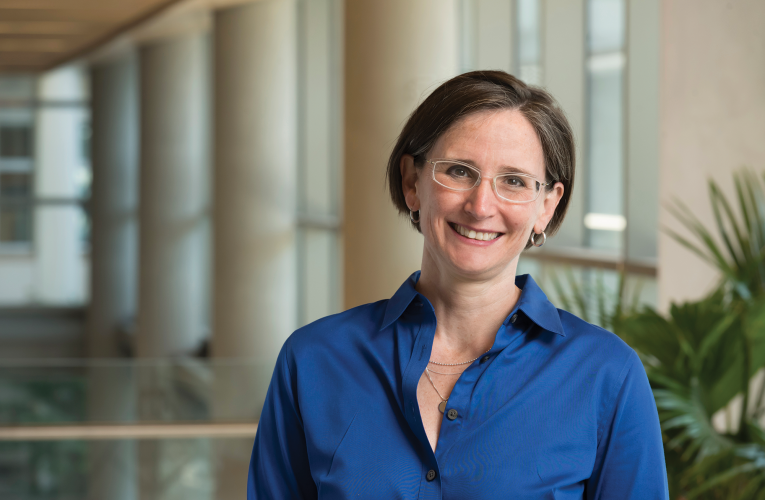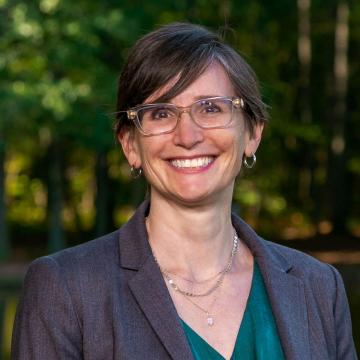Those of us motivated by environmental concerns are often deeply invested in what I would refer to as the “crisis myth”—we have many problems over which we must watch.
We have deep-seated fears and are motivated by a sense of purpose about the well being and survival of our world and those who live in it. The plight of the white rhino and vaquita. Global population pressures of 10B by 2050. Plastics in our oceans. Water security. The cumulative impact of toxic and hazardous chemicals in our daily life. Climate equity and vulnerability. Wildfires throughout the Arctic. The 6th extinction. The EPA rolling back CA auto pollution standards. The destruction of the Amazon rainforest. The list goes on.
Increasingly we encounter depressing narratives that suggest it is too late, vested interests are too entrenched, inertia is too powerful. In short, the problems are too complex. This gives way to cycles of media feedback that replay to us apocalyptic scenarios that increase social media attention and foster anxiety about whether we can actually do anything that can make a difference. These are self-defeating conditions for action. They make us into victims, not agents of change.
We need a new myth for how we participate in positive transformation. Increasingly, this means that environmental leaders need to be thinking much more strategically about strengthening our democratic institutions. This is not a non-sequitur.
The crises we worry about today, including climate change, biodiversity decline, the plight of our oceans and human health concerns, are by-products of a failure in our institutions. Science is essential to understanding these challenges. But the question of what happens to that science and how it ultimately informs decision making rests on the functionality of our democratic institutions.
It is vexing because addressing environmental problems is entangled in many of the larger challenges to which we are subjected today—growing inequality; the dehumanizing potential of technology; the loss of civilities—all of which I would label as threats to our foundational democratic institutions. This means we need to be more savvy about how we contribute to a more equitable and inclusive world, use technology responsibly and contribute to greater toleration and civility.
These trends create a vicious cycle accelerating the loss of faith in democracy and governance which then gives rise to greater popular interest in authoritarian regimes on both the left and the right—trends we are witnessing globally. The failure of more centrist, compromising and collaborative deal making and decision making handicaps our ability to create more durable solutions to complex problems.
Working for the environment also means making democracy work. What are these new narratives?
- Last winter I was struck by a story out of Michigan. A gas compressor fire in January during the polar vortex drastically reduced the amount of gas available to heat homes and offices during the extreme, life threatening cold. Governor Whitmer pleaded with the public to turn down their thermostats to 65 degrees to conserve energy. People complied. We have examples of shared self-sacrifice when we can work together. Why don’t we share these more often and build on their momentum?
- 99% of the species granted protection under the Endangered Species Act are alive today. Protecting them has helped protect other species that share their habitats. Consider the recovery of the bald eagle, grizzly bear, whooping crane, gray wolf, black-footed ferret and American crocodile. This is a success story that reaches back to 1973 and the passage of the Endangered Species Act. Why have we lost the capacity to celebrate these successes?
- In February this year the Senate voted 92 to 8 in favor of the permanent reauthorization of the Land and Water Conservation Fund. The House followed suit and voted 363-62 in support of it. Did you know this kind of Congressional bipartisanship still existed? The LWCF provides funds and matching grants to federal, state and local governments for the acquisition of land and water, and easements on land water for the benefit of all Americans. This is a compelling example that politics can still work. Why are we so reluctant to highlight it?
How do we participate in positive transformation? We will need to be creative, ingenuitive, compassionate and brave. Our own students, alumni and faculty are engaged in these new narratives in many, many ways. We need to become more practiced in telling these stories. I urge you to send me your examples—either those in which you are participating or ones that you hear about. But more importantly, find your voice, engage and contribute to what can be our new collective truth so we can all live by example for what it means to be THE School of the Environment.
Share a new narrative
If you have one of these stories to share, I am collecting them. Email me at toddi.steelman@duke.edu using the subject line 'Our New Myth'.


